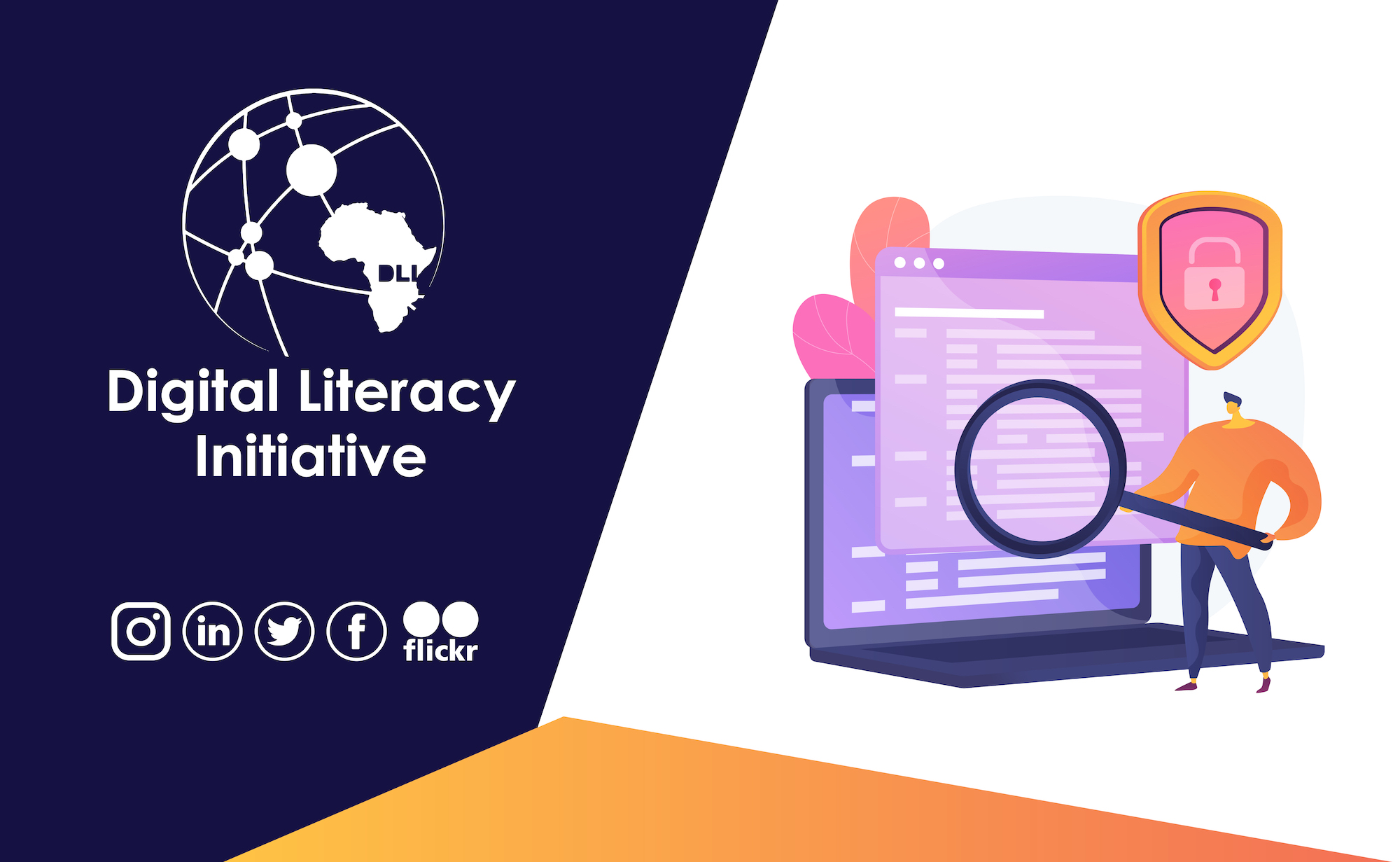By Innocent Adriko and Joan Katambi
Open Internet standards are a foundation of the Internet, allowing anyone to set up a new online service and make it available to the rest of the Internet without requiring permission from anyone else.
On 3rd March 2020, Digital Literacy Initiative organized a guest lecture for students of Telecommunications engineering and Information Technology at the Uganda Institute of Information and Communications Technology. Mr. Nanghaka Daniel, the Chairperson of the Outreach and Engagement working group at the Internet Corporation of Assigned Names and Numbers, conducted the lecture. The purpose of the guest lecture was to introduce these students to Internet standards and how they are developed and to expose them to these processes to them play a role in the evolution of the Internet.
The Internet is based on the existence of open, non-proprietary standards. Internet is key to allowing devices, services, and applications to work together across a wide and dispersed network of networks. Standards originated from the US Defense Advanced Research Projects Agency (DARPA) and as a result, protocols spawned the invention and development of a wealth new applications and protocols. The organizations behind the development of the standards are; The Internet Engineering Task Force (IETF), The Internet Architecture Board (IAB) and The Internet Research Task Force (IRTF)





